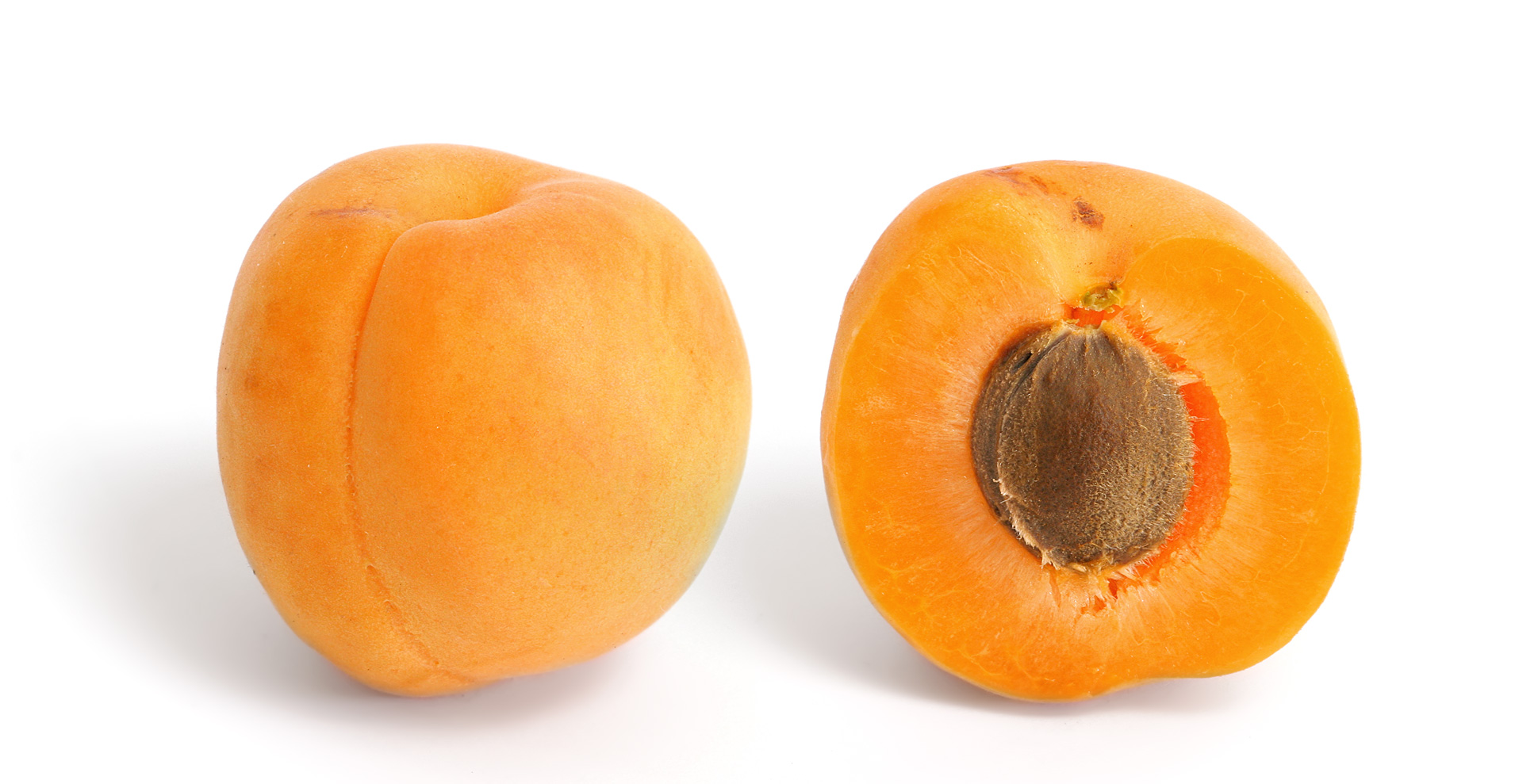Description
Plant: Small to medium sized tree, 8–12 m tall, with a trunk up to 40 cm in diameter with spreading, dense canopy; leaves are shaped somewhat like a heart, with pointed tips, about 8 cm (3 inches) wide.
Flowers: Flowers are white to pinkish in color.
Plant: Small to medium sized tree, 8–12 m tall, with a trunk up to 40 cm in diameter with spreading, dense canopy; leaves are shaped somewhat like a heart, with pointed tips, about 8 cm (3 inches) wide.
Fruit: The fruit has only one seed; the color runs from yellow to orange and may have a red cast; the surface of the fruit is smooth and nearly hairless.
- pricots are excellent sources of vitamin-A, and carotenes. 100 g fresh fruits have 1926 IU or 64% of daily-required levels of vitamin A. Both compounds are known to have antioxidant properties and are essential for vision. Vitamin-A is also required for maintaining healthy mucus membranes and skin. Consumption of natural fruits rich in carotenes helps protect the body from lung and oral cavity cancers
- Fresh fruits contain vitamin-C, another natural anti-oxidant. Vitamin-C helps the body develop resistance against infectious agents and scavenge harmful oxygen-free radicals.
- They are an also good source of minerals such as potassium, iron, zinc, calcium and manganese. Potassium is a heart-healthy mineral; an important component of cell and body fluids that help regulate heart rate and blood pressure.
- The total anti-oxidant or ORAC value of raw apricots is 1115 umol TE/100 g. Much of this in these fruits comes from some important health promoting flavonoid poly phenolic anti-oxidants such aslutein, zea xanthin and beta cryptoxanthin. Altogether, these compounds act as protective scavengers against oxygen-derived free radicals and reactive oxygen species (ROS) that play a role in aging, cancers and various disease process.
- Further, zea-xanthin, a carotenoid selectively absorbed into the retinal "macula lutea" in the eyes where it is thought to provide anti-oxidant and protective light-filtering functions. Thus, consumption of fruits like apricots rich in zea-xanthin helps eyes protect from age-related macular disease (AMRD), especially in the elderly people.
- Fresh fruits are low in calories, composing just 50 calories per 100 g weight. Nonetheless, they are rich source of dietary fiber, antioxidants, vitamins, and minerals. The fruits are enriched with numerous health promoting phyto-chemicals; that helps prevent heart disease, reduce LDL, ("bad cholesterol") levels and offer protection against cancers.


No comments:
Post a Comment